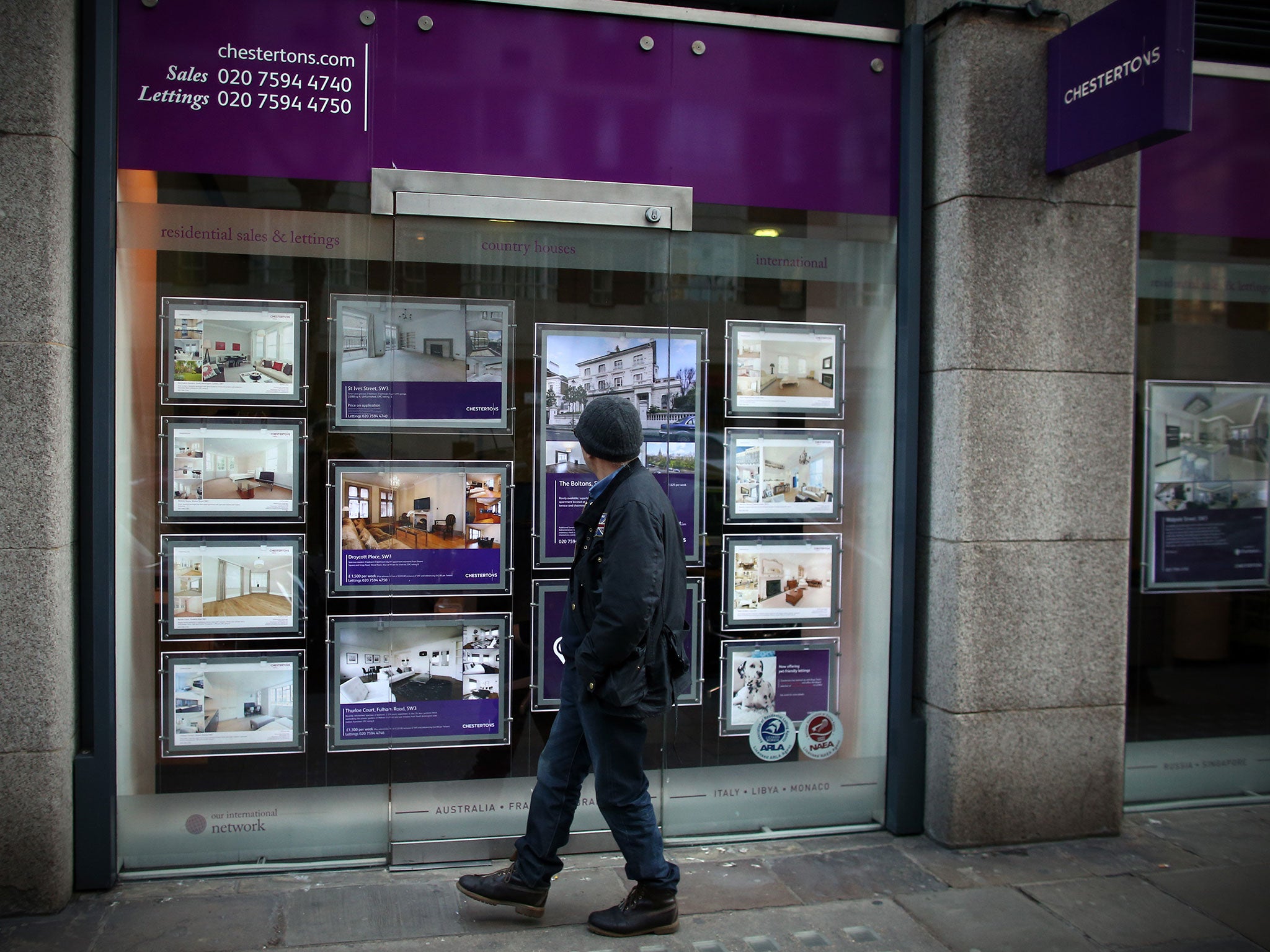House prices soar in affluent areas where local schools improve their Ofsted rating, research shows
House prices near a school can rise by as much as 1.5 per cent in the immediate aftermath of a improved score

Your support helps us to tell the story
From reproductive rights to climate change to Big Tech, The Independent is on the ground when the story is developing. Whether it's investigating the financials of Elon Musk's pro-Trump PAC or producing our latest documentary, 'The A Word', which shines a light on the American women fighting for reproductive rights, we know how important it is to parse out the facts from the messaging.
At such a critical moment in US history, we need reporters on the ground. Your donation allows us to keep sending journalists to speak to both sides of the story.
The Independent is trusted by Americans across the entire political spectrum. And unlike many other quality news outlets, we choose not to lock Americans out of our reporting and analysis with paywalls. We believe quality journalism should be available to everyone, paid for by those who can afford it.
Your support makes all the difference.Parents of children at high-achieving schools are seeing their house prices rise by thousands of pounds in an unexpected bonus of better Ofsted results.
House prices near a school can rise by as much as 1.5 per cent in the immediate aftermath of a improved score, research shows.
A study of 8,000 primary schools in England has found that a single point increase in a school’s Ofsted rating inflates the price of homes in the surrounding neighbourhood by an average of 0.5 per cent.
That figure rises threefold to 1.5 per cent in affluent areas, whereas there is almost no effect in disadvantaged neighbourhoods.
The study by Dr Iftikhar Hussain, which was presented at the Royal Economic Society’s annual conference in Brighton, also found that a worsening Ofsted score deflates houses prices by the same proportion.
But Dr Hussain found that short-term changes in exam results and other measures of school quality barely create a ripple in the housing market.
“People seem to be using Ofsted results as a quick and easy proxy for the quality of a school, whereas they find it much harder to fathom changes in a school’s SATs for example,” said Dr Hussain, a lecturer in economics at the University of Sussex.
Dr Hussain says the results of the study are “very sharp”.
His report says homes near schools serving a low proportion of free meals to students benefit from a 1.5 per cent rise in value for each unit increase in Ofsted performance. But for those located near schools serving “very high proportions” of free meals, “the effect is close to zero”.
“The fact that there is any market reaction at all to an Ofsted score is extremely interesting, given that changes in inspection ratings are signals of short-term innovations in quality, which may be reversed in the next inspection round,” Dr Hussain added. “What’s clear is that richer households are more willing and able to pay for higher quality schools.”
The average house price in England and Wales has now passed £300,000, according to new figures from Rightmove. The Independent has reported previously that properties near the top 100 state secondary schools are worth 25 per cent more than the average for the wider region.
Meanwhile, the conference was also told that American mobsters could have more successful criminal careers if they study hard and go to college like the fictional Godfather, Michael Corleone.
Research by the University of Essex and the University of California Merced into the Italian-American Mafia has found that a mobster who completes just one extra year of education can increase his earnings on average by around 8 per cent.
The increase rises to 16 per cent for “business criminals” involved in sophisticated crimes such as fraud, embezzlement, tax evasion and counterfeiting – a bigger benefit than received by law-abiding US citizens who spend an extra year in education. Dr Nadia Campaniello, from the University of Essex, said: “More than one third of mobsters are business criminals, engaging in sophisticated crimes, and we find that education really does pay.”
Join our commenting forum
Join thought-provoking conversations, follow other Independent readers and see their replies
Comments